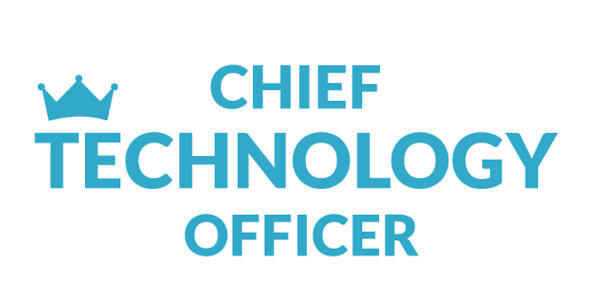In the world of technology, organizations rely on skilled professionals to lead their technical operations and drive innovation. One such key role is that of the Chief Technology Officer (CTO). The CTO holds a strategic position within a company, responsible for overseeing the technological vision, implementing robust technical strategies, and ensuring efficient utilization of technology resources. In this article, we will delve into the responsibilities, qualifications, and challenges faced by CTOs in today's dynamic business landscape.
Role and Responsibilities
As a high-level executive, the CTO plays a pivotal role in aligning technology initiatives with the overall business goals and objectives. They are responsible for:
- Technology Strategy: Developing and executing a comprehensive technology strategy that supports the company's long-term vision and growth.
- Innovation and Research: Identifying emerging technologies and evaluating their potential impact on the organization. Leading research efforts to stay ahead of the curve.
- Infrastructure and Operations: Overseeing the design, implementation, and maintenance of the company's technology infrastructure, ensuring scalability, security, and reliability.
- Team Leadership: Building and managing high-performing teams, fostering a culture of collaboration, and promoting continuous learning and development.
- Collaboration: Working closely with other executives, stakeholders, and departments to align technology initiatives with business needs, ensuring seamless integration and effective cross-functional collaboration.
- Risk Management: Assessing and mitigating technology-related risks, ensuring compliance with regulatory requirements, and implementing robust cybersecurity measures.
Qualifications and Skills
The role of a CTO requires a combination of technical expertise, strategic thinking, and leadership skills. Some key qualifications and skills include:
1. Technical Proficiency:
A CTO should possess a deep understanding of various technologies and their applications. They should stay updated with the latest industry trends, emerging technologies, and best practices to make informed decisions.
2. Strategic Vision:
CTOs need to have a strong strategic mindset, capable of envisioning how technology can drive business success. They should be able to align technology initiatives with the organization's overall goals and develop long-term technology roadmaps.
3. Leadership and Management:
Effective leadership and management skills are crucial for a CTO to lead and inspire their teams. They should be able to foster innovation, motivate employees, and create a collaborative and inclusive work environment.
4. Business Acumen:
Understanding the business landscape, market dynamics, and customer needs is essential for a CTO. They should possess a solid grasp of business concepts to develop technology solutions that deliver tangible value and drive revenue growth.
5. Communication and Influence:
A CTO must possess excellent communication and interpersonal skills to effectively convey complex technical concepts to non-technical stakeholders. They should be able to build relationships, influence decision-making, and drive consensus.
Challenges Faced by CTOs
Being a CTO comes with its own set of challenges. Some common challenges faced by CTOs include:
1. Technological Complexity:
CTOs must navigate a rapidly evolving technological landscape, with new innovations, frameworks, and platforms emerging constantly. They need to assess the relevance and applicability of these technologies to their organization while ensuring seamless integration with existing systems.
2. Balancing Innovation and Stability:
CTOs often face the challenge of striking a balance between driving innovation and maintaining stability. They need to explore and adopt new technologies to stay competitive while ensuring the stability and reliability of critical systems and operations.
3. Resource Allocation:
Optimizing the allocation of technology resources can be a complex task for CTOs. They need to prioritize projects, manage budgets, and allocate resources effectively to meet business needs and strategic objectives.
4. Cybersecurity and Data Privacy:
With the increasing frequency and sophistication of cyber threats, CTOs are responsible for safeguarding their organization's data and systems. They must implement robust cybersecurity measures, educate employees about best practices, and ensure compliance with data privacy regulations.
5. Talent Acquisition and Retention:
Building and retaining a skilled technology workforce is crucial for the success of any organization. CTOs face the challenge of attracting top talent, fostering a positive work culture, and providing opportunities for professional growth and development.
6. Scalability and Agility:
As businesses grow and evolve, CTOs need to ensure that their technology infrastructure and systems can scale effectively to support increased demands. They must also promote agility within their teams, enabling quick adaptation to changing business needs and market dynamics.
Conclusion
The role of a Chief Technology Officer is vital in today's technology-driven world. CTOs are responsible for driving innovation, aligning technology strategies with business objectives, and ensuring efficient utilization of technology resources. By possessing a combination of technical expertise, strategic thinking, and leadership skills, CTOs can navigate the challenges and seize the opportunities presented by the ever-evolving technological landscape.
Remember, the effectiveness of a CTO lies not only in their technical prowess but also in their ability to lead, communicate, and adapt to the dynamic nature of technology and business.

Comments
Post a Comment